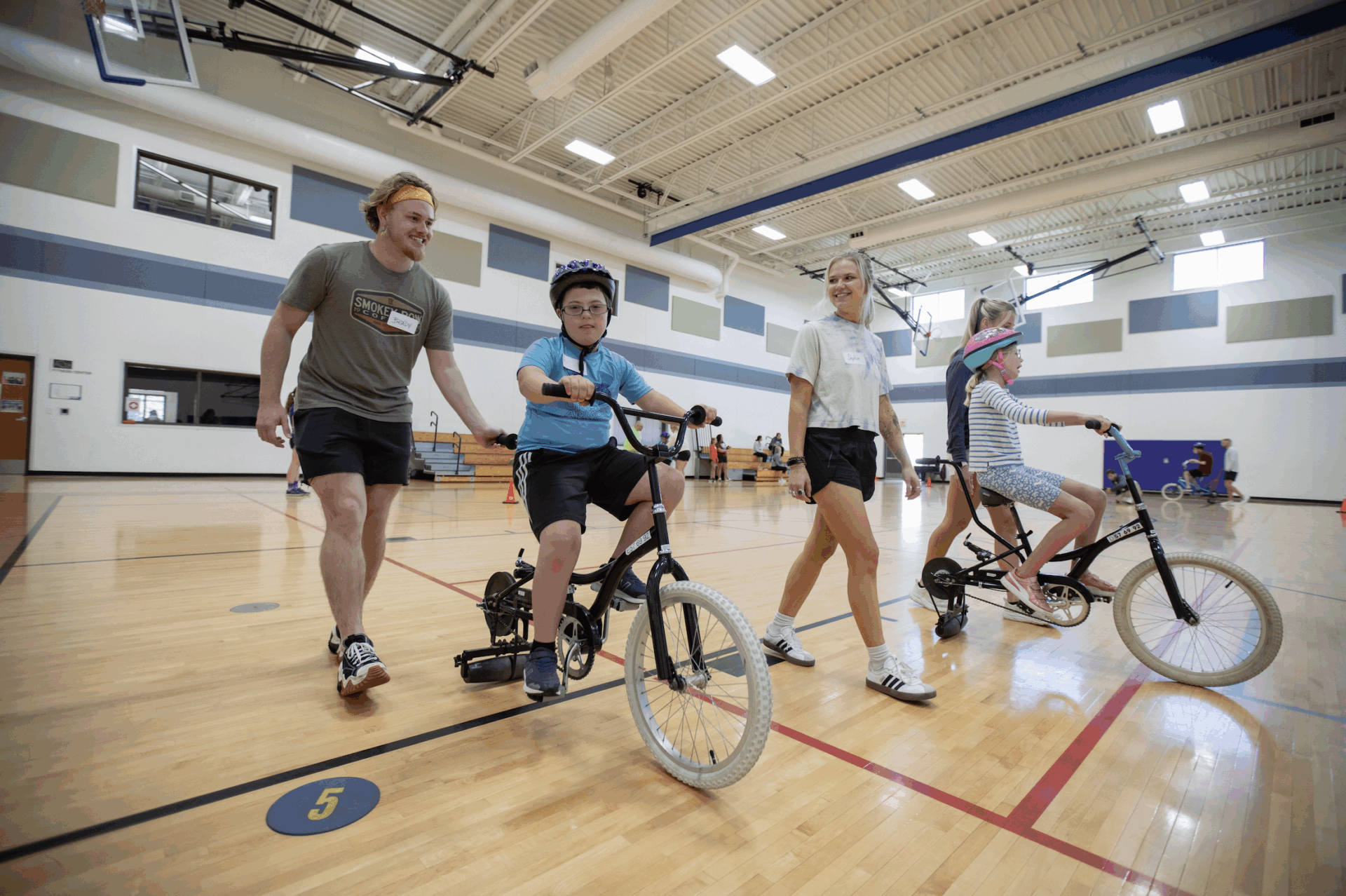Self advocacy is important for self-awareness, confidence, and social skills. However, it can be challenging to do. While it may look differently for everyone, self advocacy for those with disabilities is especially important for fostering self-respect and personal growth. These key self-advocacy skills allow you to stand up for yourself when needed and boost your overall self-esteem.
Knowing Your Capabilities
One of the first steps to self-advocacy is to know and understand your capabilities. Acknowledging what your strengths and weaknesses are allows you to communicate to others how you should be treated and cared for. Accordingly, being self-aware of any personal struggles, disabilities, or limitations allows you to fully represent yourself. Upon doing so, it’s also essential to know your strengths and accommodations. Expressing your capabilities to others can look like:
- Communicating your needs
- Stating what accommodations or modifications you need
- Bringing a partner or caregiver with you to help communicate
- Using verbal and nonverbal communication
- Identifying safe vs. unsafe environments for yourself
Using Your Voice
In order to be a successful self-advocate, you must understand your rights and responsibilities, and develop a plan to achieve your goals.
When in new environments or interacting with new people, it’s even more important to self-advocate. Clearly expressing your needs, desires, and boundaries ensures that your perspective is heard. Whether you’re sticking up for yourself or simply just making an introduction, expressing your needs and being an active listener not only diminishes barriers and misconceptions, but also empowers you to continuously advocate for yourself.
Understanding Your Comfortability
Recognizing and understanding your level of comfortability is a key component of effective self-advocacy. Identifying when and how you feel most at ease when communicating your needs will empower you with the confidence to do so. Whether it’s through verbal conversations, written communication, or alternative methods, understanding what works best for you ensures that your advocacy is worthwhile and effective. By acknowledging your own comfort zones and boundaries, you can navigate self-advocacy with more confidence than ever before.
People First
At Covey, we strive to foster independence and growth for individuals with disabilities. A significant part of this is teaching self-advocacy to our participants.
We’re happy to announce the launch of Covey’s People First chapter in Oshkosh! People First is a Wisconsin organization run by individuals with disabilities to promote self-advocacy skills through sharing ideas and information, building friendships, and learning to speak up for themselves. We’re extremely excited to introduce this program in hopes of providing a local opportunity for our Covey community to develop and use their self-advocacy skills. Please join us for a kickoff cookout on Thursday September 19th–more details to come!
Covey Advocates for Self-Advocacy
We understand that speaking up for yourself can be daunting. With care, compassion, and creativity, we help our participants build confidence, develop meaningful connections, and reach their fullest potential in life.
Our Community-Based Day Services offer a variety of skill-building activities that help each individual flourish. From highly-personalized goal setting to customized skill-building, Covey is full of opportunities for life enrichment and improving self-advocacy. Learn more about our day services here.

